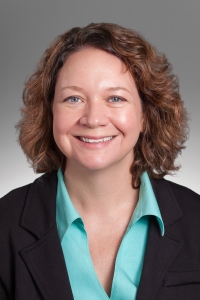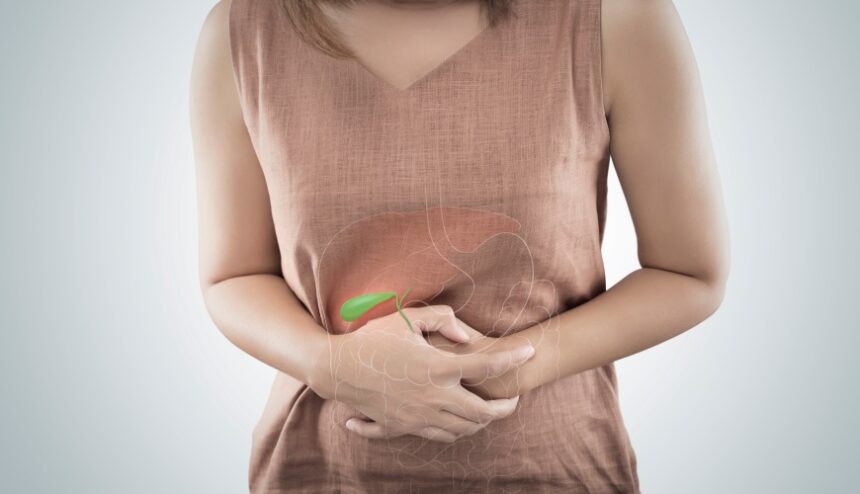By Billie Jo Grieve, M.D., General Surgery
 While the appendix is often blamed for pain in the right side, gallstones can be the culprit when the pain is in the upper right of the abdomen. The gallbladder is only about three inches long and one inch wide, but when it causes pain, you know it!
While the appendix is often blamed for pain in the right side, gallstones can be the culprit when the pain is in the upper right of the abdomen. The gallbladder is only about three inches long and one inch wide, but when it causes pain, you know it!
Located just below the liver, the gallbladder accumulates the bile released by the liver. It then releases the bile into the small intestine to aid in the digestion of fats. When digestive fluid forms into hardened deposits, gallstones are the result. They can range in size from a grain of sand to golf ball-sized and can form one stone or many at the same time.
Several risk factors could increase the possibility of getting gallstones, such as family history, high cholesterol/low-fiber diet, being female, and being more than 40 years old, among others.
Reduce your risk of gallstones:
- Stick to regular mealtimes and don’t skip meals – that can increase the amount of bile being stored.
- Rapid weight loss can also contribute to the formation of gallstones. So lose slowly—about 1–2 pounds per week.
- Include fruits, veggies, and whole grains in your diet.
- Maintain a healthy weight.
Gallstones that form without painful symptoms don’t require gallbladder removal surgery (cholecystectomy). Gallstone pain occurs when a gallstone gets stuck in a duct and causes a blockage—the pain could last for minutes to hours.
Symptoms of gallstones include:
- Intense pain in the upper right of the abdomen or the middle below the breastbone
- Pain between the shoulder blades or in the right shoulder
- Nausea or vomiting
See a doctor if the pain becomes so intense you can’t sit comfortably, if you have jaundice (yellowish skin or eyes), or have a high fever and chills. If painful symptoms occur and do not subside, gallbladder removal surgery is performed.
After the gallbladder is removed, the bile from the liver will drain continuously into the intestines and can act as a laxative. A high-fat diet can also add to that effect. After having your gallbladder removed, you will need to avoid fatty/greasy/fried foods, spicy foods, refined sugar, caffeine, alcohol, and carbonated beverages. These changes to bowel habits are usually temporary but can be permanent in a small portion of people.
If you have concerns about your risk factors for gallstones or want to learn how to maintain a healthier gallbladder, make an appointment with your family medicine provider.


